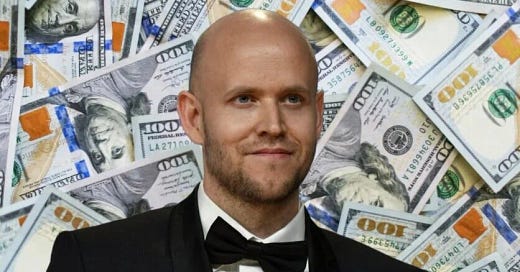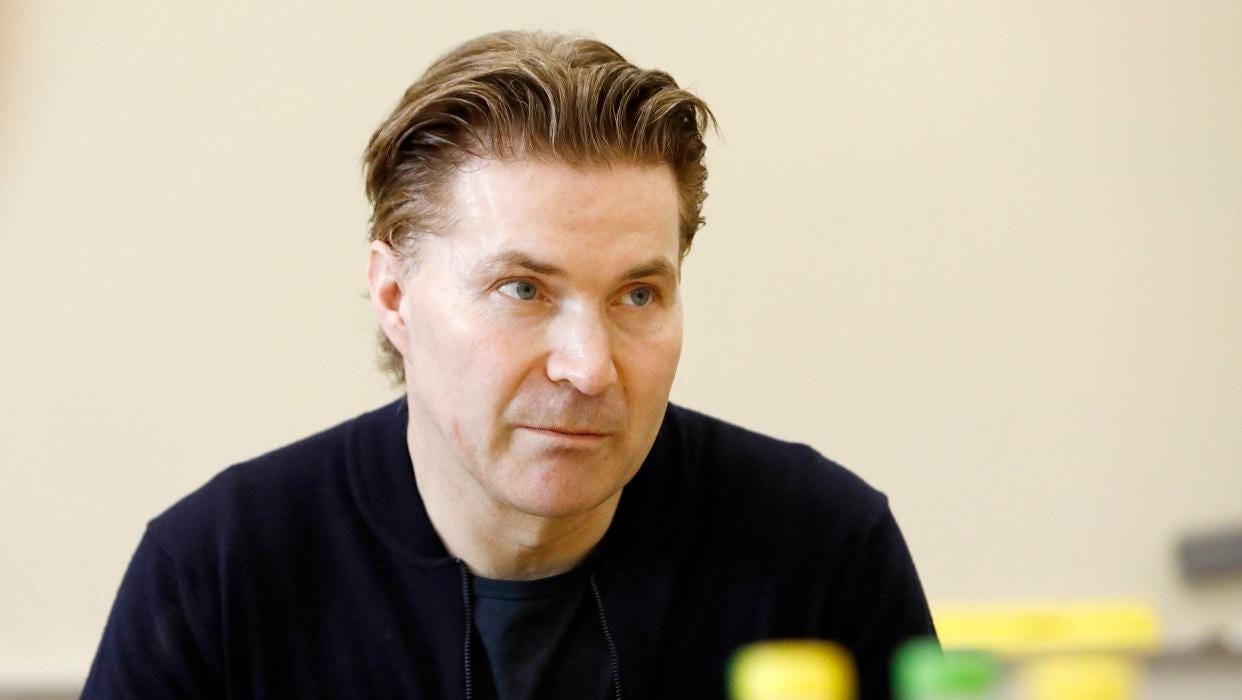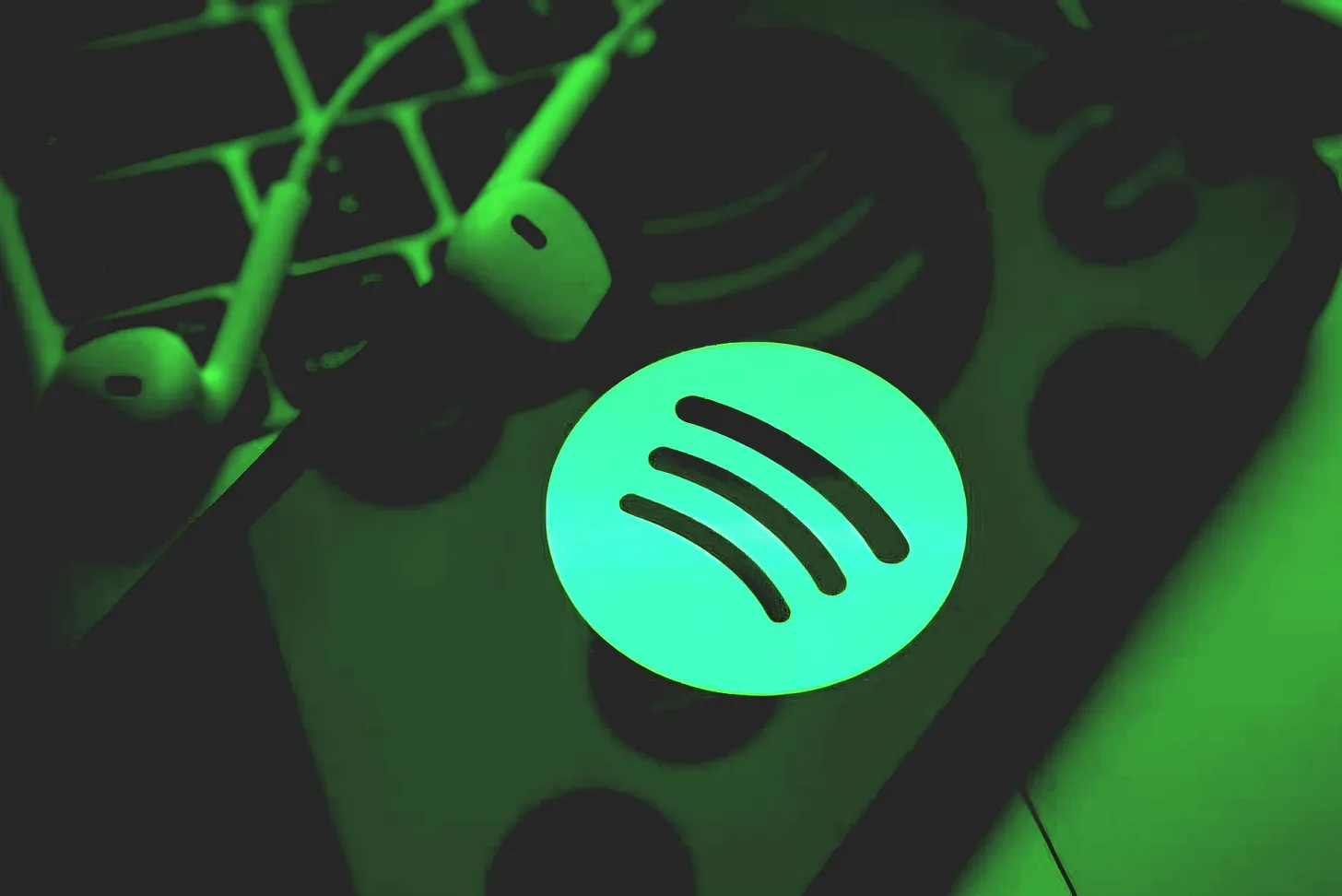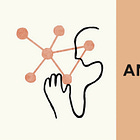Daniel Ek's Spotify Stock $568 MILLION Cash-Out 💰
Executives Profit, Artists Struggle, The Cycle Continues...
Daniel Ek, Spotify’s CEO and co-founder, has entered 2025 with another significant financial milestone. On January 8, 2025, Ek sold $27.8 million worth of Spotify shares, bringing his total cash-outs since July 2023 to a staggering $568 million. These stock sales come as Spotify’s market valuation continues to soar, fuelled by its dominance in the global streaming industry and diversification into new revenue streams like podcasts and audiobooks. However, Ek’s financial strategy raises questions about leadership, long-term vision, and the evolving role of tech founders in public companies.
Spotify’s Stock Surge: A Catalyst for Ek’s Sales
Spotify’s stock price has been on a meteoric rise, culminating in an all-time high of over $500 per share on December 4, 2024. This represents a dramatic increase from its initial listing price of $165.90 when Spotify went public in April 2018. As of January 8, 2025, the stock remains strong at $479.73, giving the company a market capitalization of $96.33 billion.
Ek’s recent sale of 60,000 shares at $463.93 per share is just one of many transactions he has executed since mid-2023. Notably:
In July 2023, Ek sold 675,000 shares for $100 million.
In April 2024, he sold another 400,000 shares for $118.8 million.
In November and December 2024 alone, he executed multiple transactions totalling over $200 million.
These sales are part of a broader trend among tech executives leveraging their equity holdings to diversify their wealth while retaining significant stakes in their companies.
Martin Lorentzon's $556M Sales
Martin Lorentzon, Spotify's co-founder and board member also cashed out a staggering $556.8 million in company stock throughout 2024. This substantial sum was accumulated through four separate transactions, with the largest single sale occurring on November 13 when Lorentzon off-loaded 959,762 shares for an impressive $383.75 million.
Unlike his co-founder Daniel Ek, Lorentzon did not sell any shares in December 2024. As of December 31, 2023, Lorentzon held a 10.9% stake in Spotify with 42.7% voting power, underscoring his significant influence within the company despite the large stock sales. These transactions were often conducted through Lorentzon's Rosello company and have solidified his position among the world's wealthiest corporate leaders.
Executives Profit, Artists Struggle
While Spotify executives like Daniel Ek and Martin Lorentzon have cashed out hundreds of millions in stock, many musicians on the platform struggle to earn a living wage from streaming.
In 2024, Spotify announced plans to stop paying royalties to artists who don't reach a minimum streaming threshold, potentially impacting up to 80% of artists on the platform.
This move aims to re-distribute approximately $40 million from smaller artists to more popular ones, benefiting major labels who are also co-owners of Spotify.
The stark contrast between executive payouts and artist compensation has drawn criticism from music industry advocates. Organizations like the United Musicians and Allied Workers (UMAW) have argued that Spotify's changes further enrich those at the top while making it "even more impossible for working musicians to benefit from streaming".
This disparity highlights ongoing debates about fair compensation in the streaming era, with Spotify's pro rata payment model coming under scrutiny for potentially disadvantaging niche genres and independent artists.
Spotify’s Perfect Fit Content Program
Spotify's Perfect Fit Content (PFC) program, introduced in 2017, has sparked controversy within the music industry. This initiative allegedly involves the creation of "fake artists" and tracks designed to fit specific moods or playlists, potentially reducing royalty payments to real recording artists. Former Spotify employees revealed that playlist editors were pressured to populate curated playlists with PFC content, raising questions about transparency and fairness.
The PFC program operates alongside Spotify's “sophisticated” recommendation algorithms, which use collaborative and content-based filtering to personalize user experiences. While these algorithms aim to enhance music discovery, the inclusion of PFC tracks in popular playlists has led to concerns about the authenticity of content and the impact on genuine artists' visibility and earnings. This controversy highlights the ongoing tension between Spotify's business model, artist compensation, and user experience in the streaming era.
Conclusion: Enough…
Spotify's meteoric rise in the stock market has led to unprecedented wealth for its executives, particularly co-founders Daniel Ek and Martin Lorentzon, who have cashed out hundreds of millions of dollars in shares.
This financial success stands in stark contrast to the struggles of many artists on the platform, who earn fractions of a cent per stream.
The company's recent policy changes, such as implementing streaming thresholds for royalty payments, further exacerbate the divide between Spotify's corporate profits and artist compensation.
As Spotify continues to dominate the music streaming industry, questions persist about the fairness of its business model and its impact on the broader music ecosystem. The company's focus on profitability and shareholder value has come at a cost to many creators, highlighting the need for a more equitable distribution of streaming revenues. As the debate over fair compensation in the digital age continues, Spotify's actions and policies will likely remain under scrutiny from artists, industry professionals, and regulators alike.
Join us at Vinyl Culture as we continue exploring ways to preserve and evolve authentic Music Culture in an age dominated by algorithms and corporate interests. Together, we can make a difference.🫱🏼🫲🏽
Read More from Vinyl Culture📚:
In the coming weeks, we'll delve deeper into topics like strategies for meaningful music discovery in the digital & AI age. Together, we can ensure that music remains a vibrant, diverse, and integral part of our lives.😃










I’m a songwriter. Spotify is poison.